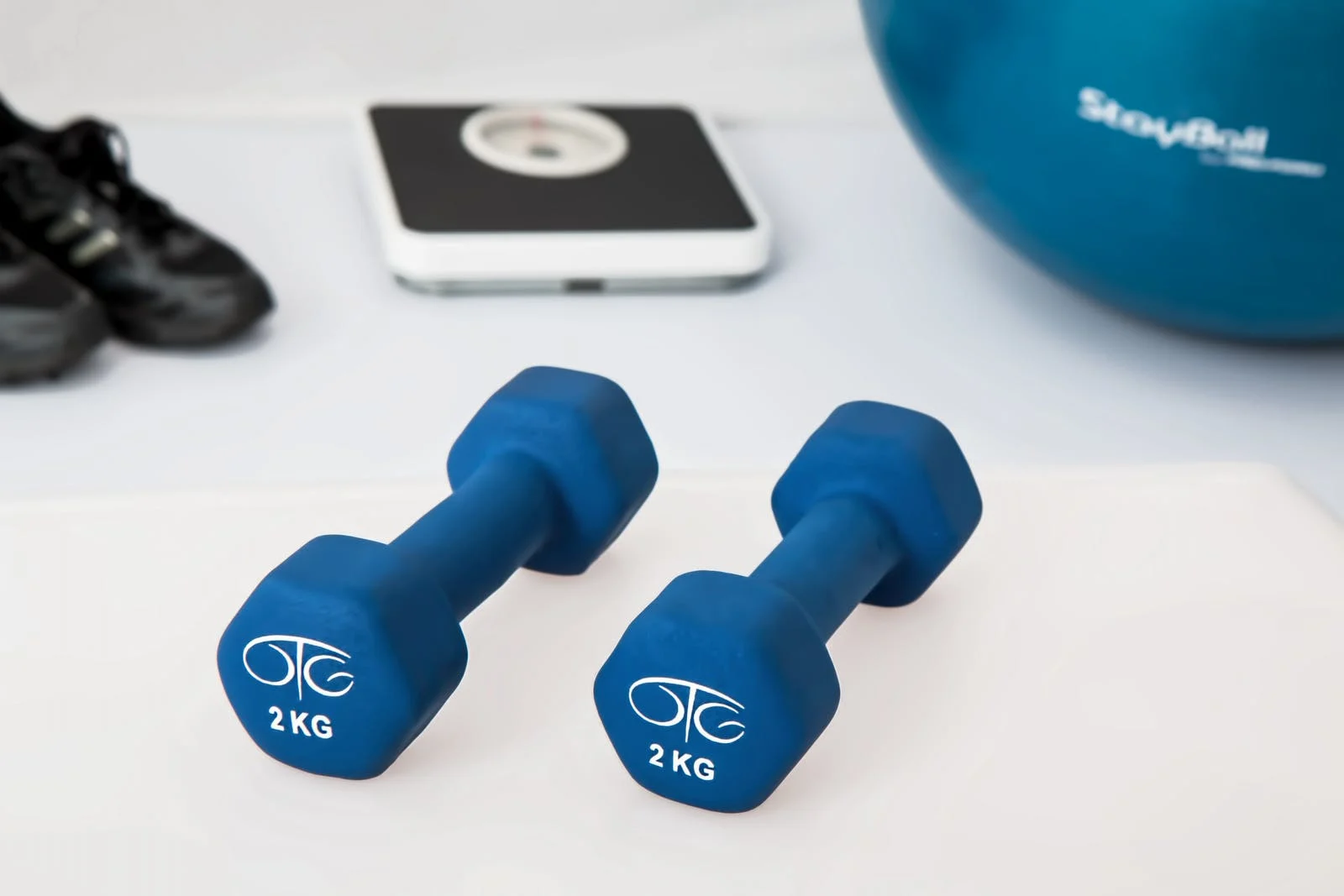MedicalResearch.com Interview with:
I-Min Lee, MD, ScD
Professor of Medicine, Harvard Medical School
Professor of Epidemiology, Harvard T.H. Chan School of Public Health
Brigham and Women's Hospital
Boston, MA 02215
MedicalResearch.com: What is the background for this study? What are the main findings?
Response: The fact that physical activity lowers the risk of premature mortality is not a new fact – we have many studies showing this. However, previous studies have primarily relied on self-reported physical activity, and self-reports tend to be imprecise. Based on these self-report studies, we know that physical activity is associated with a 20-30% reduction in mortality rates. And, these self-report studies also have focused on moderate-to-vigorous intensity physical activity, since they are more reliably reported than lighter intensity activity. We have little information on whether light-intensity activities (e.g., light household chores, very slow walking such as when strolling and window shopping) are associated with lower mortality rates.
We now have “wearables” – devices that can more precisely measure physical activity at low (as well as higher) intensities, and sedentary behavior. The present study, conducted between 2011 and 2015, investigated a large cohort of older women (n=16,741; mean age, 72 years) who were asked to wear these devices for a week – thus, providing detailed physical activity and sedentary behavior measures. During an average follow-up of about two-and-a-half years, 207 women died. The study confirmed that physical activity is related to lower mortality rates.
What is new and important is how strong this association is when we have more precise measures of physical activity – the most active women had a 60-70% reduction in mortality rates, compared with the least active, during the study. For context, non-smokers have about a 50% risk reduction, compared to smokers, which is why patients (and doctors) should pay attention to being physically active.
(more…)

























